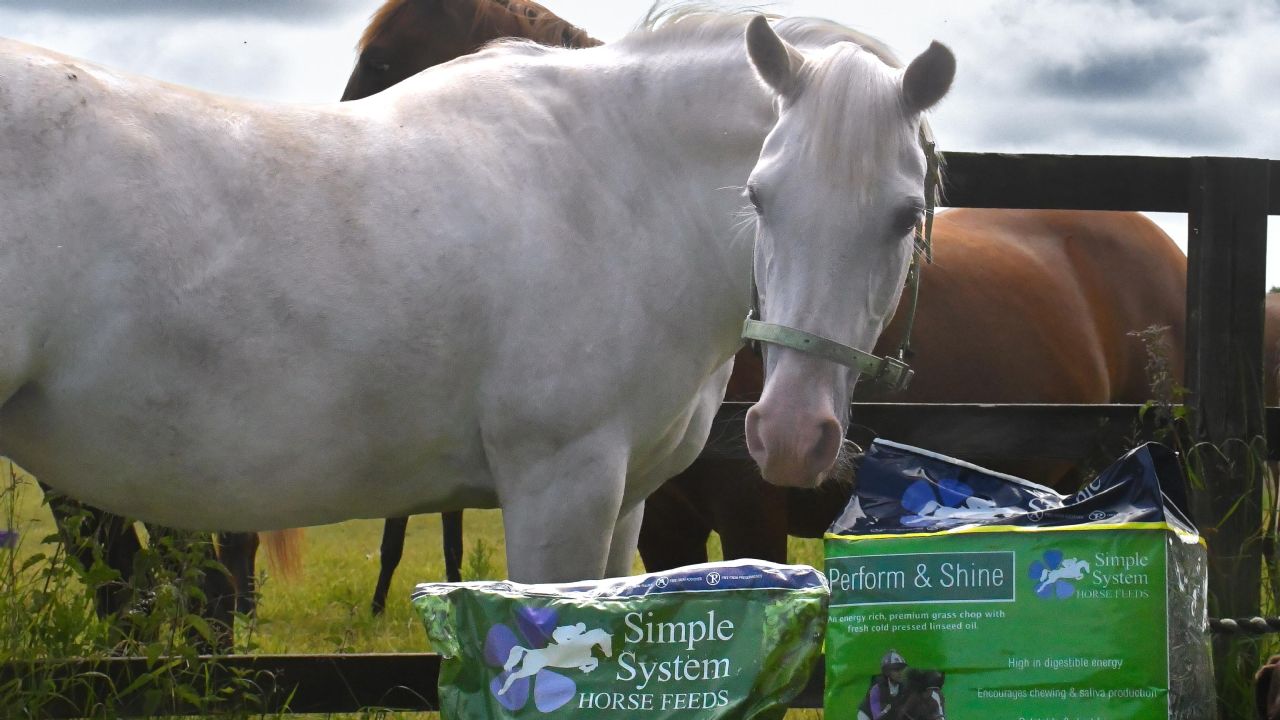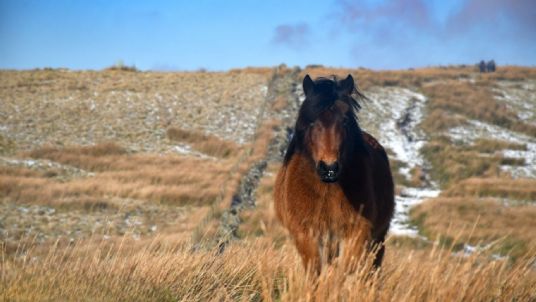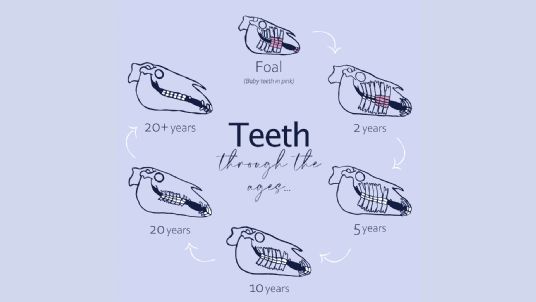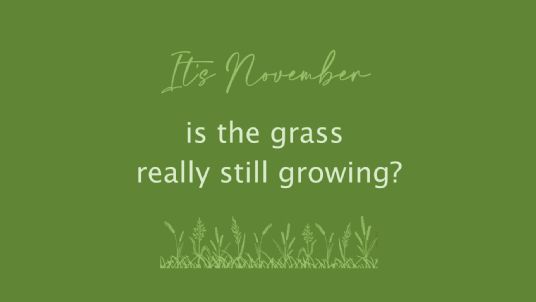We are increasingly aware that ultra processed food is bad for us and that we should eat seasonal, fresh and local food. But what about our horses? They too will have reduced health when they have ultra processed food.
Look at the list of ingredients (also called composition) of your food. Anything listed that you wouldn’t find in your cupboard at home is likely to indicate that the item is “ultra processed”. The same principal can apply to our horses’ feed. Check that list carefully and be suspicious of ingredients that you would not go out and buy to offer your horse. Ask yourself what it is, where did it come from and why is it there. Cereals and their by-products can offer starch and fibre, but are notoriously low in vitamins and unbalanced for minerals, so feeds including these, or even mainly these, will need supplementing with a vitamin/mineral premix. Horses have not just survived, but thrived, on their forage diet for the last 30 million years!
Straw has always been used as a bedding, but the downside was that they would eat it. We knew it was not good for them, so employed many strategies to try to stop them eating it and many in the end gave up and switched to shavings. The illogical bit is that the very same folk then give their horses chop/chaff made from straw, but as many horses don’t eat straw, it has to be coated in molasses to persuade them to eat something they would rather not.
Wheat that is not good enough for us to eat is used as animal feed, as well as the bits of the wheat we don’t want. Wheat feed is in so many feeds but not many people understand what it is. It is the undersized and broken grains, the bran and dust that comes off with the sievings. This is all then ground and pelleted and used as a source of fibre. A similar process happens with oats to make oat feed.
Natural pasture does not have much oil but what it does have is very high in essential omega 3, the anti-inflammatory omega – 4 times as much as the pro-inflammatory omega 6. Built up gradually, horses can actually utilise oil well, as slow release energy. Sadly, many of the oils added to higher nutrition horse feed are from sources very much higher in omega 6, such as soya, sunflower, rice bran oil and so on. The oils are extracted from the seeds with a combination of heat, pressure and chemical solvents. The result offers calories but little else.
And so it goes on! Scrutinise your feed bags carefully and only use the contents if you are sure every ingredient will be good for your horse. Be cynical about claims made – for instance, “cereal-free” can often mean free from whole grain cereal, and not free from cereal by-products.
''It was because I wanted better feed for my own horses that I was involved in establishing Simple System nearly 30 years ago''
Jane van Lennep, Director of Nutrition, Simple System Horse Feeds



